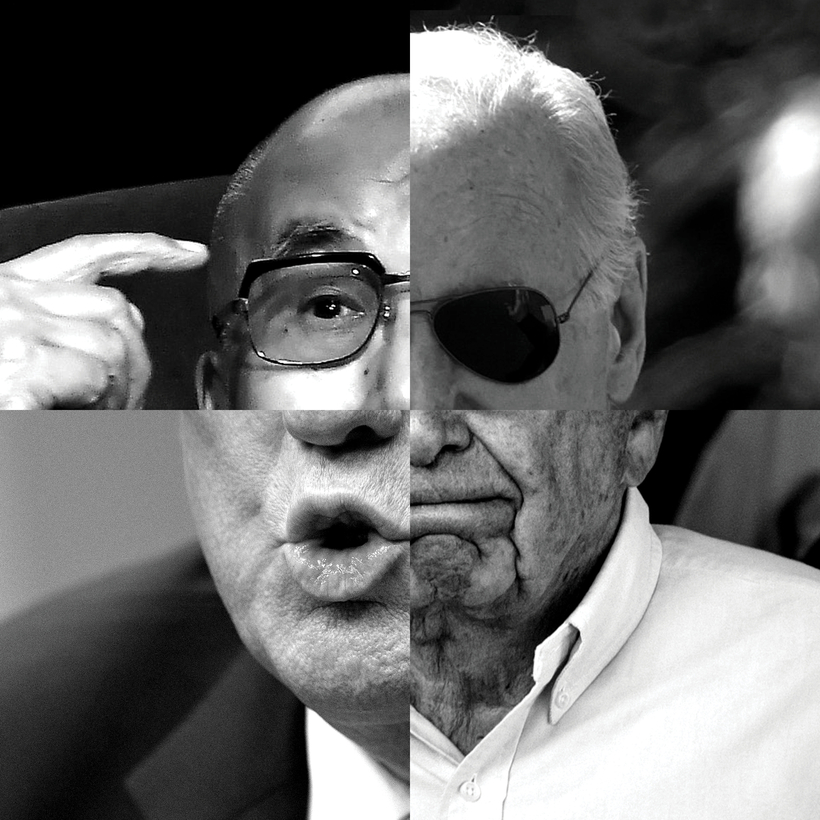“His Holiness often teases people he meets in an innocent and playful way,” announces an apology from the office of the Dalai Lama, sounding for all the world like one of those statements issued in the first wave of #MeToo, as various older men made pained and absurd reference to “unwanted hugs” (Pixar’s John Lasseter) or a belief that they had been “pursuing shared feelings” (talk show host Charlie Rose). Students of these mea-not-really-culpas were left with the impression that the victims’ misunderstanding was the real tragedy here, unless you counted the very belated losses of various glittering careers, which were obviously also desperately sad.
The specific “people” to which this current Dalai Lama’s apology refers are, in fact, one person – more accurately one young boy, who was invited to “suck my tongue” by the spiritual leader of Tibetan Buddhism, onstage at a temple in India. The event took place in February, but has only just gone viral, meaning an apology has only now been deemed necessary by his Holiness, or rather by his Holiness’s office.

